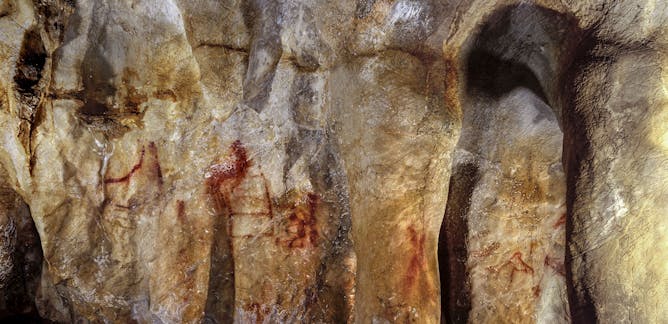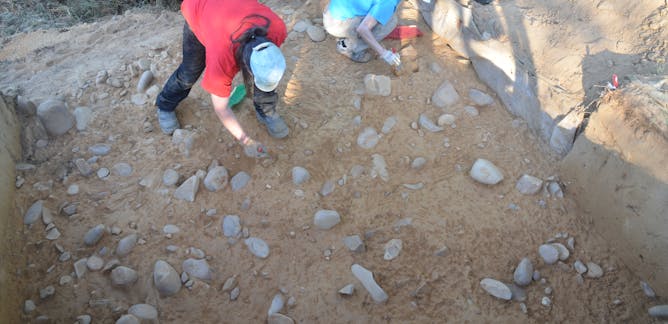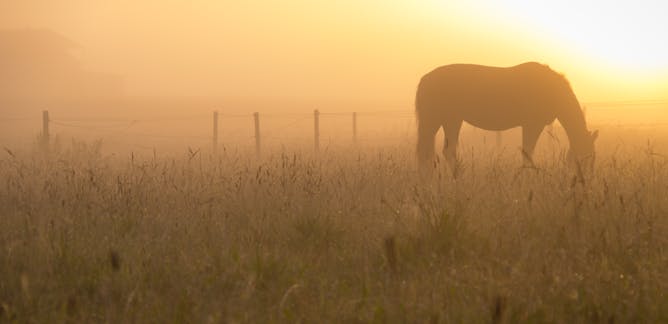|
As the Winter Olympics in Pyeongchang draws to a close, questions abound. The most common is "so what?" After all the planning, the building and the spending, what legacy will the event leave? Tracey J Dickson says the answers are important, since policymakers and politicians - especially those in developing countries which are increasingly hosting big sporting events - need to clearly demonstrate that hosting sporting events is a better investment than in other public goods like education and health.
The Neanderthal, a human ancestor that became extinct around 40,000 years ago, has largely been dismissed by scientists as uncultured and behaviourally inferior to Homo sapiens. Chris Standish and Alistair Pike explain how a new find ought to change this view: the discovery proves that Neanderthals were able to create cave art.
|
Top Stories
|

Tracey J Dickson, University of Canberra
Future Olympics will be required to report on their legacies for up to five years after the event under the IOC’s new framework.
| |

Chris Standish, University of Southampton; Alistair Pike, University of Southampton
Neanderthals, rather than modern humans, created the world's oldest cave paintings.
|

Martina Demuro, University of Adelaide; Lee Arnold, University of Adelaide; Mathieu Duval, Griffith University
New tools add to an emerging view of the past as a turbulent “Game of Thrones” style scenario, with distinct early human ancestors living in Eurasia before Homo sapiens arrived.
| |

Jan Hoole, Keele University
A new study of ancient Botai horses turns our knowledge about wild and domestic horses on its head.
|
|
|
Environment + Energy
|
-
Olalekan Adekola, York St John University
Talk of ethnic and religious conflict between Muslim Fulani herders and local Christian farmers misses the full picture – this is about resources.
-
Bradley Eyre, Southern Cross University
Ocean acidification poses an increasing threat to the sediments that form the framework of coral reefs - within around 30 years, these carbonate sands may no longer be able to form.
|
|
Politics + Society
|
-
Emma Heywood, University of Sheffield
The 17-year-old Palestinian activist about to face trial in Israel has become the face of the conflict.
-
Kirstine Szifris, Manchester Metropolitan University
Participants in a recent study became calmer, more able to express their point of view without aggression and developed more open minds.
-
Ran Greenstein, University of the Witwatersrand
The obituary of the Zuma administration can be summed up with its ethos: grab as much and as fast as you can.
|
|